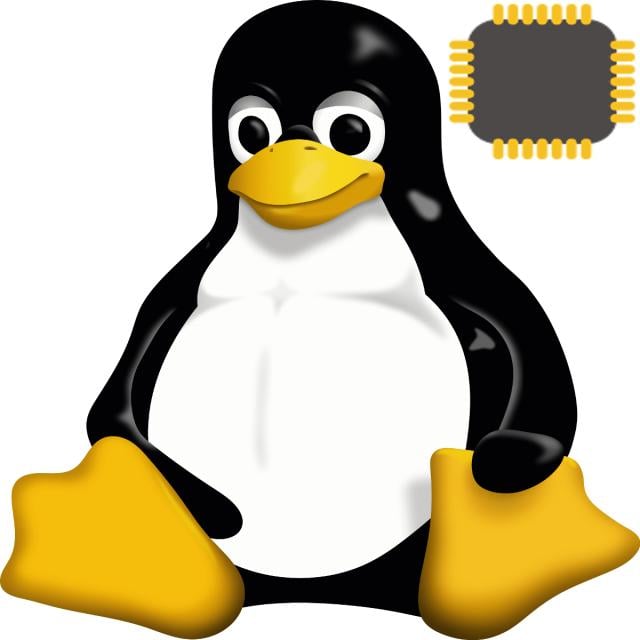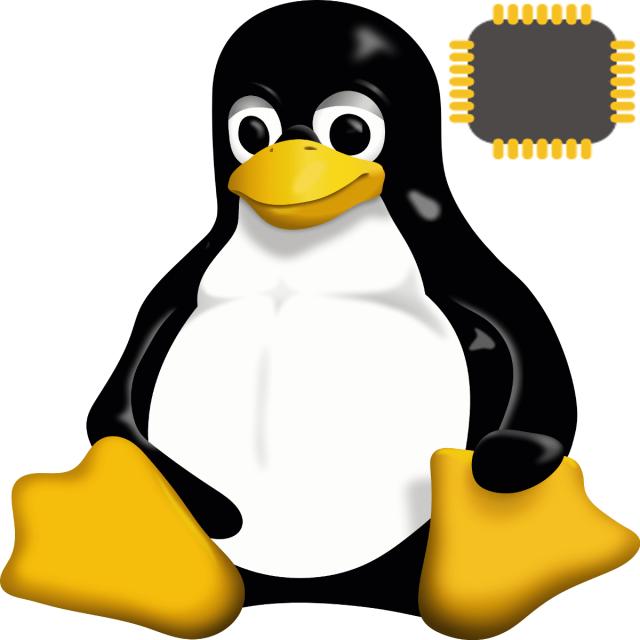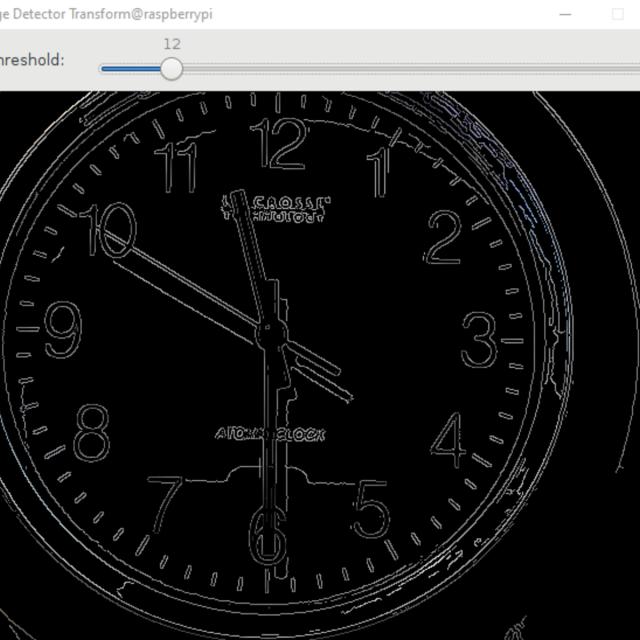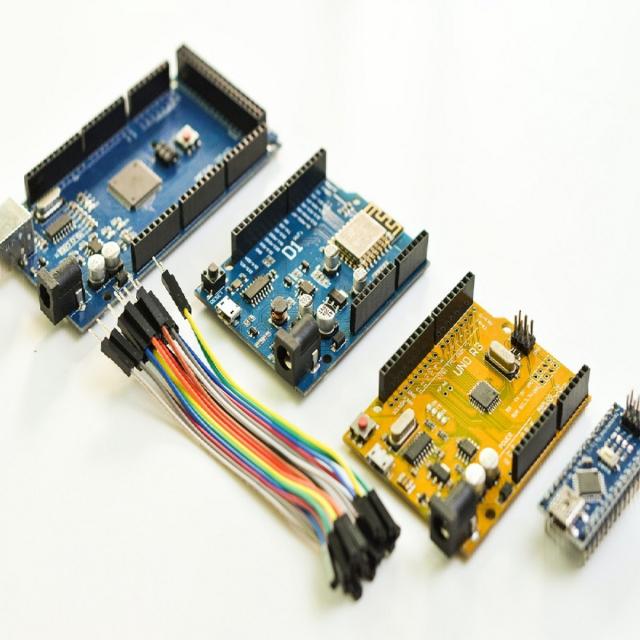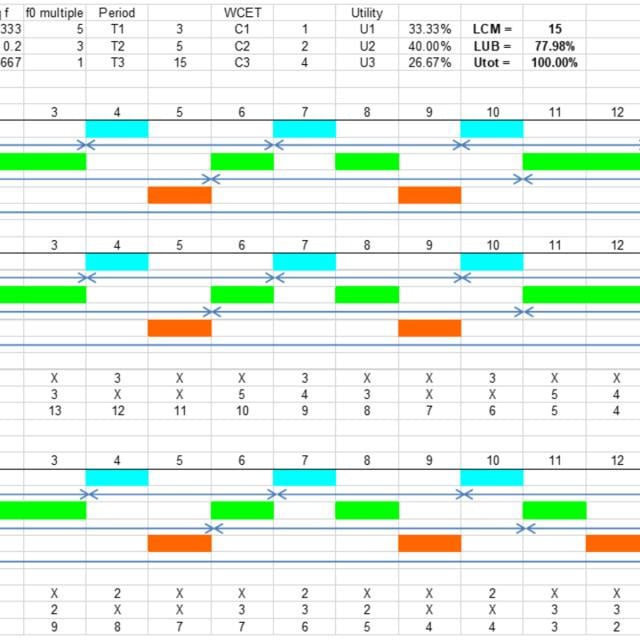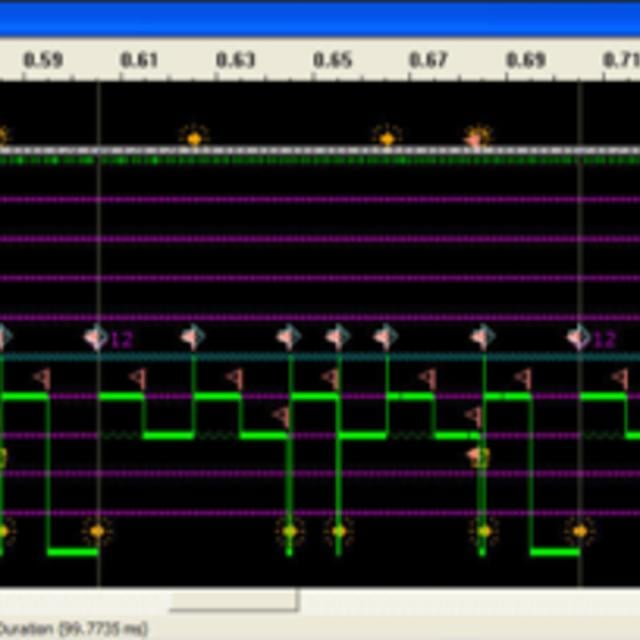Introduction to the Internet of Things and Embedded Systems (Coursera)
Categories
Effort
Languages
The explosive growth of the “Internet of Things” is changing our world and the rapid drop in price for typical IoT components is allowing people to innovate new designs and products at home. In this first class in the specialization you will learn the importance of IoT in society, [...]
May 13th 2024




